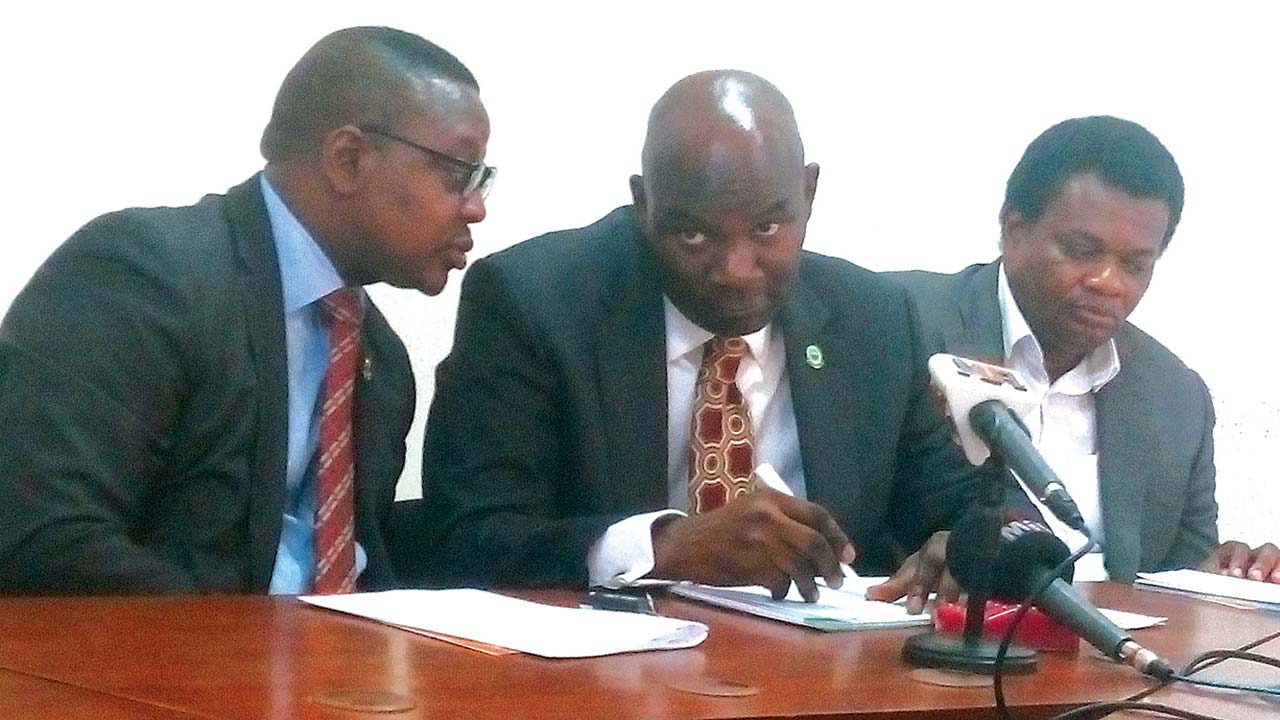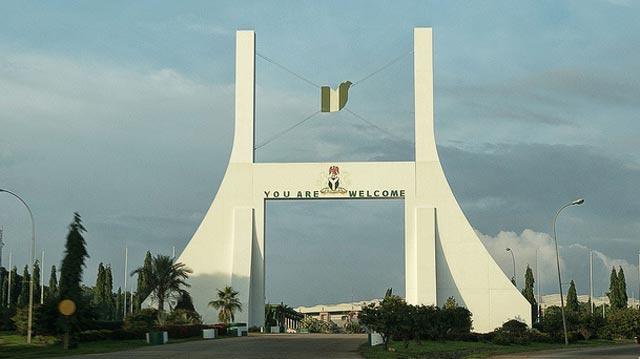Did you know that choosing a real estate agent to sell your house matters a lot ?
Having the right real estate agent can make the difference between selling your home for a great price or just making your reserve. Research and local knowledge are crucial to getting the best agent for your home. Discover how to find the best agent, how to market your home for sale and how much your house is worth.
How to choose an agent
One of the most important considerations when deciding to sell your property is who is going to sell it for you. First up, do your research. Look for an agent with a history of strong results in your suburb. Metrics like average days on market and auction clearance rates are vital, as they give a clear insight into how good an agent is. Also, go local. Finding an agent with a deep understanding of the local market is as important as finding one with proven experience of selling the type of property you’re selling. A good agent should know as much about the property and the locality as the vendor. It’s smart to even act as a buyer to test an agent’s performance. Go to an open house and see how they perform. Also ask lots and lots of questions of potential agents. Ask them to take you through case studies of other property sales and to talk you through how the sale happened and how the results were achieved. Ask them why they use certain approaches and what they think will work best for your property and why. If they’re suggesting an auction, ask why? Ask for their best auction tips.
While selling is a financial transaction, the “feeling” also matters here. So pick an agent you feel comfortable with.
Setting a price
Setting a price is another important, but complex, decision vendors have to make when selling. You have two choices; work with a good agent to set a price or pay an independent valuer. Vendors often price their own homes based on what they need to repay debts or buy a new place, but in reality this bears no relation to the home’s actual market value. A reputable agent, with experience in the local area, will work with a vendor to arrive at a reasonable price, understanding all the relevant market forces. Or for just a few hundred dollars, you can get a sworn valuation from a qualified valuer, who has no involvement with the sale at all.
Advertising and campaign
While decades ago, advertising your property involved sticking a “for sale” sign in the front yard, today it’s all about online advertising and the strategic selling campaign which accompanies it. The advertising portion typically includes professional photography, a comprehensive media campaign covering online and social and sometimes print media. Such work is absolutely vital. After all, a house on the market is no good unless the right people know it’s for sale. Then comes the actual sales campaign, which the agent puts together. It covers how the property should be sold, how it should be staged, how many opens to have, how negotiations are to be managed, rolling out and monitoring the advertising and lots more.
What are the costs involved?
When asking “how much does it cost to sell a house?”, the main thing that comes up is real estate agents’ fees. So let’s break it down. First, there’s marketing and then the agent’s fee or commission.
1. Marketing costs
The seller covers the cost of promoting their property, through advertising and other marketing channels. An agent will recommend a campaign, which might include a board out the front of the house, listing on realestate.com.au, photography for the listing, the creation of a floor plan, copywriting and press advertising. In 2020, the average marketing campaign in the Melbourne market costs between $6500 and $8000, while in Sydney, it can range between $4500 and $10,000.
2. Agents’ fees and bonuses
There are two types of real estate agents’ fees. There’s a flat fee, where the agent and seller agree on a fixed fee for the sale of the property and no matter what it sells for, the agent’s fee is set. Then there’s a percentage of sale fee, where the agent gets a certain percentage of the final sale price. The percentage of sale fee, or commission, can range from 1% to 3%, but is influenced by a number of factors, such as the property value and the competition for business among agents.
Bonuses are also increasingly being used across the country. These are effectively incentive bonuses, where the agent and seller agree on a percentage-based bonus if the property makes above the agreed reserve. It may be, say, 10% of the amount above the reserve. For example, a property expected to sell for $1 million, being sold by an agent on a 1.5% ‘percentage of sale’ fee and 10% ‘bonus’ fee, that goes for $1.1 million, nets the agent $25,000. This is made up of $15,000 for the percentage fee (1.5% of $1 million) plus a bonus $10,000 (10% of the $100,000 above reserve).
Make sure you discuss all fees with the agent before signing.



